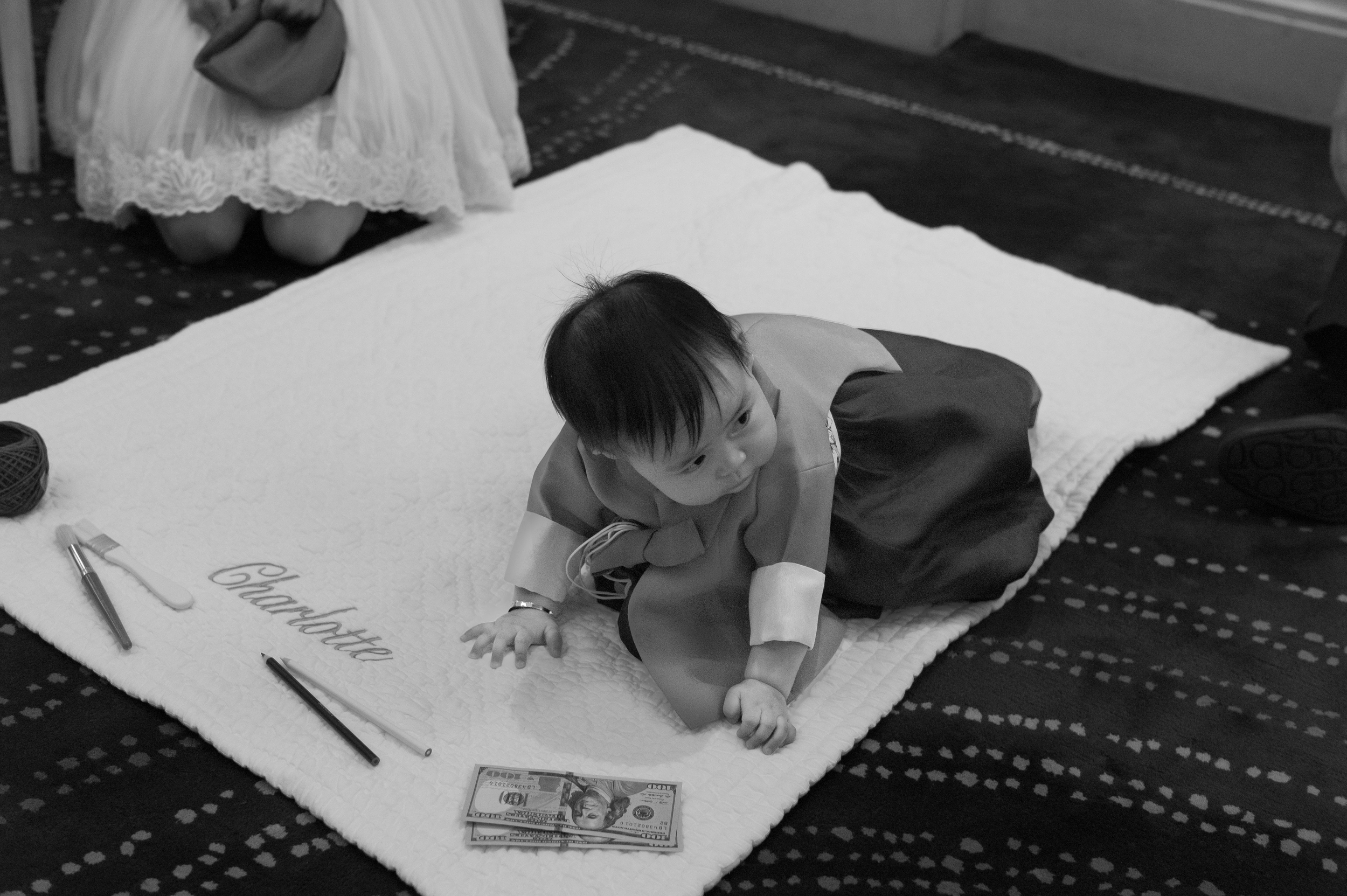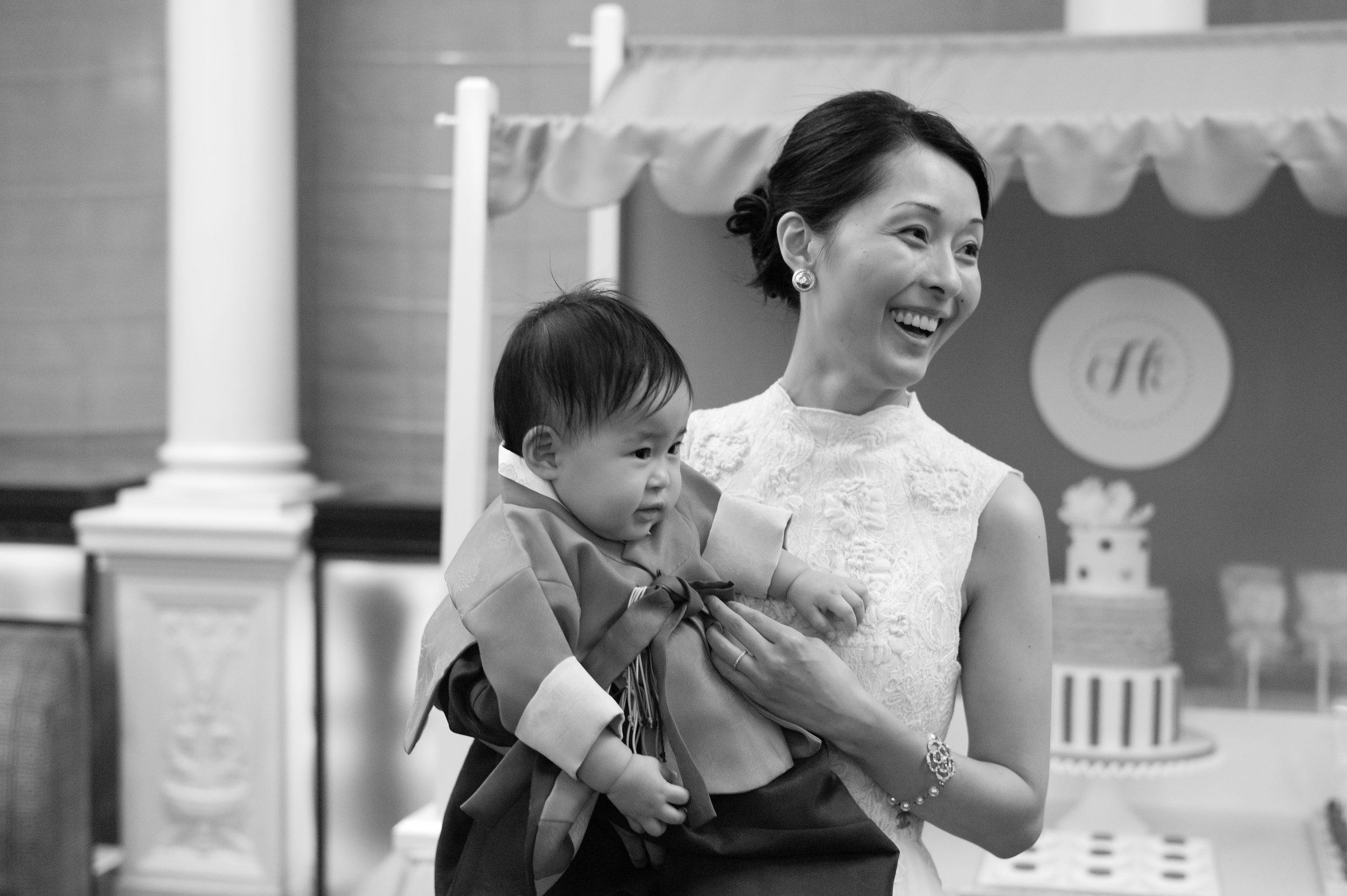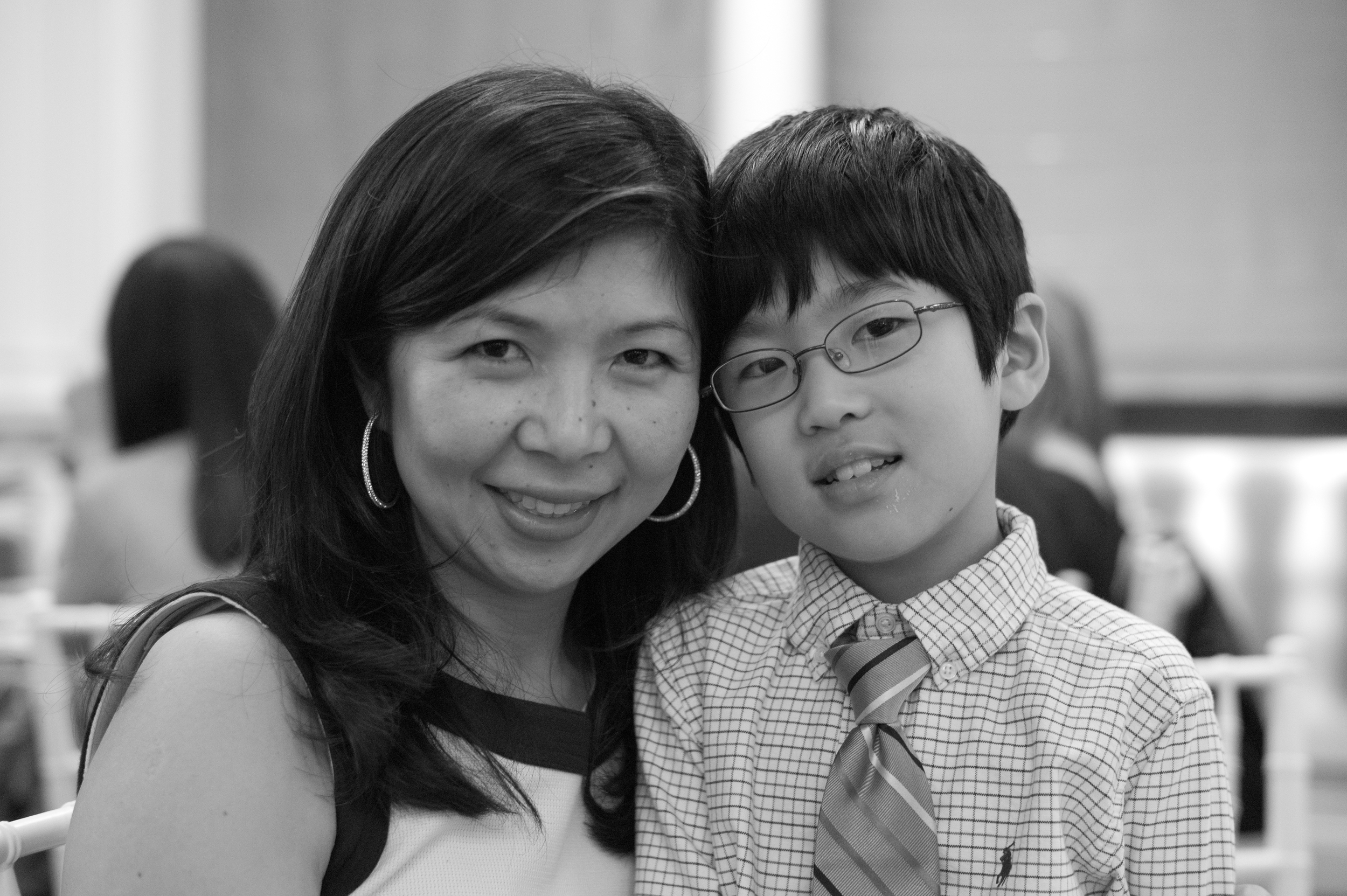What I found in the metro and crime sections of these papers was a different quality of everyday life. It was life in the raw, as one might find in the Daily News or the New York Post, but not so much in the New York Times.
A lot of this material does not have direct bearing on the book I am working on. It is too brief, too odd, and certainly too sensational for the kind of writing the book requires. The material needed another outlet. That outlet turned out to be a form of writing for which there is no exact English term: fait divers. This is a French expression, in common use for centuries, for a certain kind of newspaper piece: a compressed report of an unusual happening. What fait divers means literally is “incidents,” or “various things.” The nearest English equivalent is “news briefs” or, more recently, “news of the weird.” The fait divers has a long and important history in French literature. Sensationalistic though it is, it has influenced the writing of Flaubert, Gide, Camus, Le Clézio and Barthes. In Francophone literature, it crossed the line from low to high culture. But though a version of it was present in American newspapers, it never quite caught on in the English language as a literary form.
This is what a fait divers looks like:
Raoul G., of Ivry, an untactful husband, came home unexpectedly and stuck his blade in his wife, who was frolicking in the arms of a friend.
Here is another:
A dishwasher from Nancy, Vital Frérotte, who had just come back from Lourdes cured forever of tuberculosis, died Sunday by mistake.
These examples show what the fait divers is about: an event, usually of a grim nature, animated sometimes, but not always, by a certain irony. A fait divers is not simply bad news. It is bad news of a certain kind, written in a certain way.
I love this piece on “small fates” by Teju Cole.
These pieces are generally not events of the kind that alter a nation’s course. They are not about movie stars or, with exceptions, famous politicians. They are about the small fates of ordinary people. The idea is not to show that Lagos, or Abuja, or Owerri, are worse than New York, or worse than Paris. Rather, it’s a modest goal: to show that what happens in the rest of the world happens in Nigeria too, with a little craziness all our own mixed in. In this odd sort of way, bad news is good news because these instances of bad news reveal a whole world of ongoing human experience that is often ignored or oversimplified.
Reminds me of one complaint about the phrase “first world problem” which is that it assumes that people who don't live in the “first world” don't have higher order problems. I'm not so sure I agree—a lot of so called “first world problems” are indeed absurd—but I love that Cole locates some measure of immortality in these turns of phrases which might otherwise be reduced to the trivially tragic.









